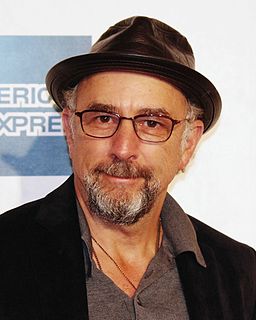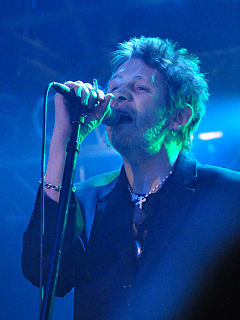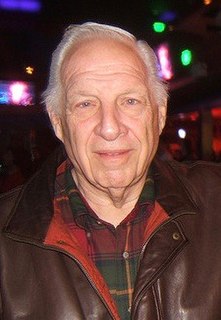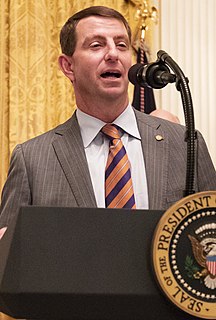A Quote by John F. Kerry
I think that for many of us, the years of the Civil Rights movements - Martin Luther King, Bobby Kennedy running for president in 1968 to end the war and so forth - these were defining moment in terms of trying to hold government accountable and have a level of responsibility and truth-telling.
Quote Topics
Accountable
Bobby
Bobby Kennedy
Civil
Civil Rights
Civil Rights Movement
Defining
Defining Moment
End
Forth
Government
Hold
Kennedy
King
Level
Luther
Many
Martin
Martin Luther King
Moment
Movements
President
Responsibility
Rights
Rights Movement
Running
Telling
Terms
Think
Truth
Trying
Us
War
Were
Years
Related Quotes
The only politician anybody ever believed was Kennedy, anyway. Kennedy, Martin Luther King - civil rights always turns out in bloody war. Where's his dream now? When is a change going to come - as Sam Cooke said - for blacks in America? Anyone who does tell the truth gets a bullet in the head, y'know what I mean?
We got to the moon on Christmas Eve 1968, at the end of a poor year for this country. We had Vietnam. We had civil unrest. We had the assassinations of Robert Kennedy and Martin Luther King. But we went around the moon and saw the far side for the first time. A script writer couldn't have done a better job of raising people's hope.
That was exciting to be able to comment on civil rights. I mean, the civil rights movement that young people don't know about today, but Martin Luther King was considered by the establishment press in the early years of the sit-in movement as a dangerous man, and he was the equivalent at that time as Malcolm X. And he was told to stop his demonstrations; they were against the law and all of that. Now that he's sainted and sanctified we've forgotten.


































